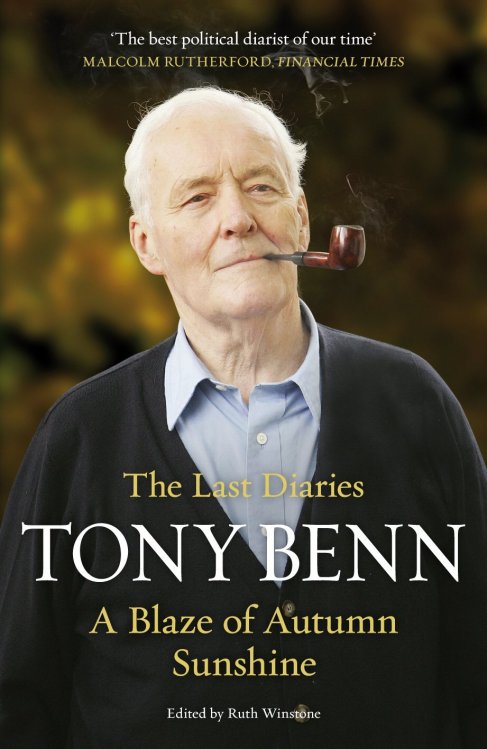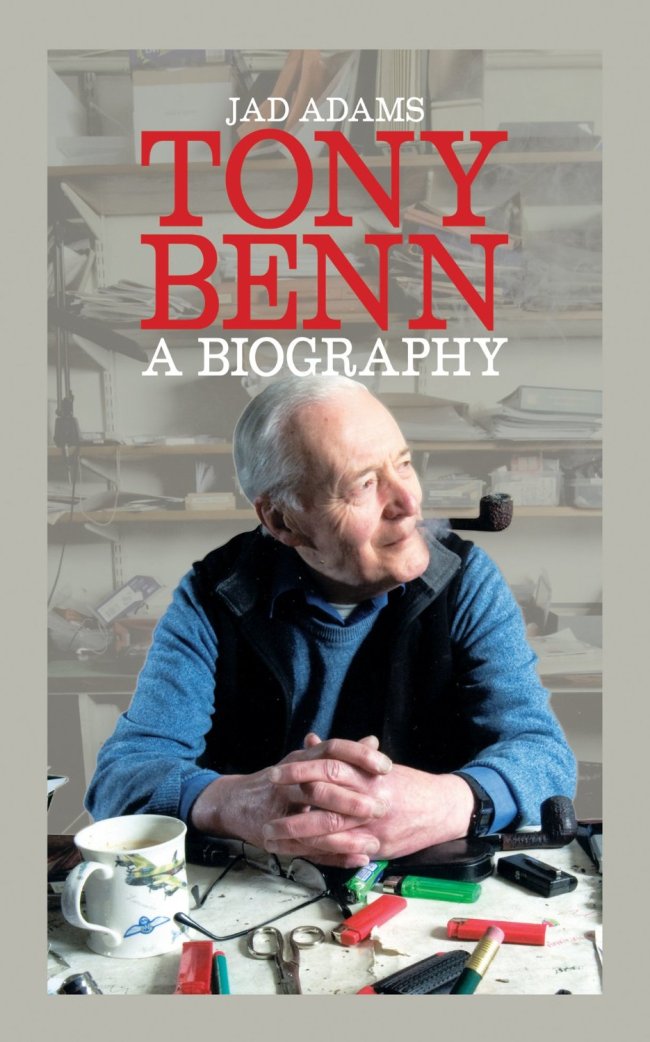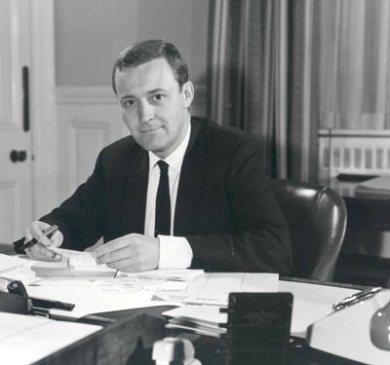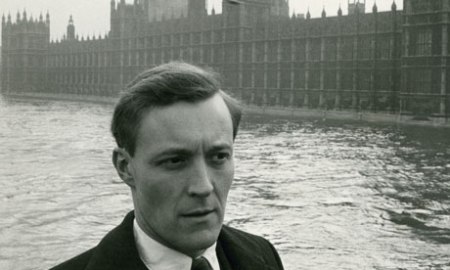
Let me be clear: I did not have a traumatic childhood. I was born into a stable and happy family environment in East Anglia in the late Seventies. Yes, I once fell down the steps of a mock saloon in the Wild West zone of the Isle of Wight’s Blackgang Chine in 1983. A dog also once chased me in the nearby park causing me to fall off my BMX. But aside from these incidents, almost nothing bad ever happened to me at all.
I was, however, undoubtedly a nervous child, thanks in no small measure to the following phantoms, mostly conjured up by the mass media:

Crows.
This is an odd one, I admit. My mother insists that I was unable to watch the children’s programme ‘You And Me’, not because there was a puppet of a squirrel hosting it. No. It was because the other puppet was a crow.
And she is right. I remember being afraid of actual crows too, not liking the noise they made and vaguely associating them with my other great fear: witches. Despite this, I don’t remember having the same fear of cats (and I am allergic to them) even though witches are pretty keen on them too. In practice, I got over my crowphobia and have never had any practical issues with the crow community, not even the racist ones in the film Dumbo. In 2008, a squirrel did fall out of a tree and came within inches of landing on my head on a street in Cheltenham, however, so perhaps my fear was a bit misdirected.
Witches.
I had a very real and recurring fear of witches, particularly the green-skinned, hook-nosed and black-hatted variety. I’m not really clear where this fear came from but I had recurrent nightmares featuring a regular cast of seemingly made-up witch characters throughout my early childhood (the head witch had white skin and hair, for example). I never had a problem with Meg and Mog though or the Worst Witch (who is more like an early Harry Potter than a witch anyway). I also later enjoyed Roald Dahl’s ‘The Witches’ although like most people found the transformation scene in the Nic Roeg film a bit scary. I still do.
Sharks.
This stems directly from my older brother showing me the scary cover of the Peter Benchley novel ‘Jaws’ when I was very little. I later got over this completely, however and watched the excellent film, had the poster on my wall for a while at Uni and even eventually read the fairly dismal novel. And to be fair to my brother: witches don’t exist at all. Crows do exist, but unless you are in an unusually vulnerable position, e.g. hanging off a crucifix, they are little threat. Sharks, meanwhile, are real and can be dangerous. So he was sort of doing me a favour. Arguably.
Public Information warnings were the bane of my childhood. It was impossible to watch a commercial break without seeing some child being electrocuted by an overhead power line after a) messing around near one b) attempting to retrieve a football near one c) flying a kite into one or d) pushing a boat along the road and a flagpole on the top hitting a power line. Was this really such a big problem in the Seventies and Eighties? If so, why isn’t it still an issue today? And, if not: why all the stupid warnings about it?
Lots of people do die in cars, of course. Some warnings about this are nice: the Green Cross Code Man was nice. The more recent family of hedgehogs crossing the road were nice. The other Grandmaster Flash type one: “Don’t step out when you’re close to the edge or you may find that you lose your head” one from about 1990 wasn’t scary too either. Others were. Ice cream vans were so often linked with death in these public information films that their music still sounds faintly sinister to me, to this day. I particularly remember a horrendous cartoon in which a child persuaded his mother to cross the road unnecessarily to get him a toy plane (or something) in a toy shop window. Guess what? The mum got ran over and killed, leaving the boy weeping alone (I’m not sure if he got the plane or not. If he had, at least his journey wouldn’t have been entirely wasted anyway).
The moral? Do not covet unnecessary toys? Do not waste your mother’s time in case you accidentally kill her? No! It wasn’t even ‘cross the road carefully’. The ad wasn’t even targeting pedestrians: the warning message at the end was about the dangers of speeding! Why, then, might you ask, did they bother with the silly mum/toy plane story? Why was it produced in cartoon form, a medium designed to appeal to children? Why do I remember it now, a full thirty years later? I’ve never learned to drive anyway. Perhaps this is why.
The only danger of me running over anyone is if I’m being chased by a witch holding a squirrel.

Freddy Krueger.
Kate Winslet apparently loved going to video shops as a child, according to a recent advertising campaign for something that wasn’t a video shop anyway. I was less keen as I was always wary of the ‘Horror’ section which usually featured a terrifying picture of the ‘Nightmare on Elm Street’ villain on one of the covers. Perhaps as a result, I have never seen any of the films, not even when I needed to prepare for a phone interview I did with the actor Robert Englund who played Krueger, a few years ago.
An American Werewolf in London.
A horror/comedy which I saw on TV when I was eleven and in which I never found the humour. The werewolf bits weren’t so bad but ugh! The attack on the moors at the start? His friend Jack’s slow decomposition? The horrific alien machine gun attack during the Muppets nightmare sequence? I couldn’t even watch it now.
The Woman In Black.
Whose stupid idea was it to put terrifying ghost stories on just before Christmas? Scrooge is fine but the 1988 TV version of Susan Hill’s story is scarier than the book, play or film. Particularly the bit where she appears at the end of the hero’s bed. Terrifying.
Nuclear war.
Actually, not such a silly thing to be afraid of and fuelled by excellent but horrendous books like Robert Swindells’ ‘Brother in the Land’ and Raymond ‘Snowman’ Briggs’ ‘When The Wind Blows’. Happily, the most acute phase of the Cold War (1979-1984) passed by while I was still blissfully unaware of most world events. By the time I became aware of the superpower arms race (the late Eighties), it was ending. Thank you, Mr Gorbachev!













